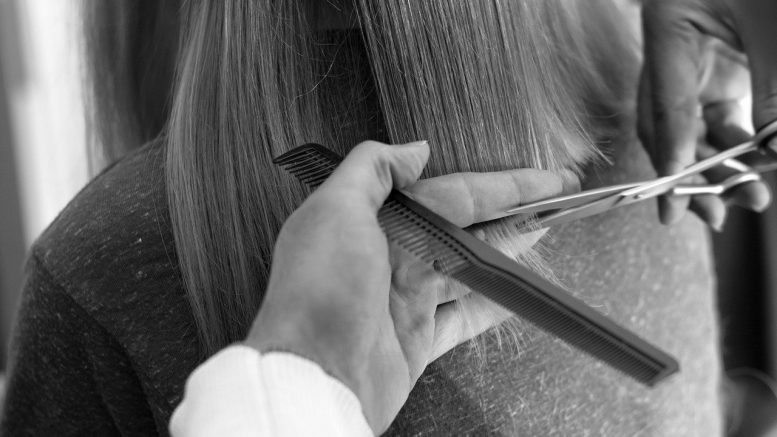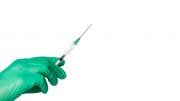The FDA (U. S. Food and Drug Administration) announced on October 27, about new approved lotion for nonprescription, or over-the-counter (OTC), use through a process called a prescription (Rx)-to-OTC switch, used to treat head lice. In February 2012, FDA okayed Sklice (ivermectin) lotion, 0.5% for the treatment of head lice infestation in patients 6 months of age and older as a prescription drug.
“The Rx-to-OTC switch process aims to promote public health by increasing consumer access to drugs that would otherwise only be available by prescription,” said Theresa Michele, M.D., acting director of the Office of Nonprescription Drugs in the FDA’s Center for Drug Evaluation and Research. “Today’s approval expands access to another effective topical treatment for the thousands of people with head lice.”
Are Head Lice Dangerous?
Head lice are a common problem, especially for little kids. But teens can get them too. They spread easily from person to person, and sometimes are tough to get rid of. Their bites can make the scalp itchy and irritated, and scratching can lead to infection.
Scratching a lot can lead to a scalp infection. Call your doctor as soon as possible if:
- the skin on your scalp is red and tender
- your scalp has crusting and oozing
- you have swollen lymph glands
Your doctor may want to treat an infection with antibiotics.
A few important things to NOT do: Don’t use a hairdryer after applying scalp treatments. Some treatments for lice use flammable ingredients and can catch on fire. Don’t use pesticide sprays or hire a pest control company to try to get rid of the lice; these can be harmful.
Don’t use essential oils (such as ylang ylang oil or tea tree oil) to treat lice on the scalp. They can cause allergic skin reactions and aren’t approved by the U.S. Food and Drug Administration (FDA). Don’t ever use highly flammable chemicals such as gasoline or kerosene
12 Million Cases Each Year
In the United States, it is estimated that between 6 and 12 million cases of head lice infestation occur each year in children 3 to 11 years of age, according to the U.S. Centers for Disease Control and Prevention. Head lice are most common among preschool children attending child care, elementary school children and members of a household where children have lice.
“Sklice is a single-use lotion with ivermectin 0.5% as the active ingredient, for the topical treatment of head lice infestations in patients 6 months of age and older. Sklice is for external use only and should only be used on the scalp and dry hair in accordance with label directions. Sklice is not approved for any other use. Sklice will be marketed in the United States as a nonprescription drug and will no longer be available as a prescription drug. Consumers should read and follow the Drug Facts label for the nonprescription product. Patients who currently use prescription versions of this product should talk to their healthcare professional,” – FDA recommends.
How Can I Prevent Head Lice?
- Wash bed linens and clothing that anyone with lice has used recently. Use very hot water (130°F [54.4°C]), then use the hot cycle of the dryer for at least 20 minutes.
- Take items that can’t be washed to the dry cleaner. Or put them in airtight bags for 2 weeks.
- Vacuum carpets and any upholstered furniture, as well as car seats, then throw away the vacuum cleaner bag.
- Soak hair-care items like combs, barrettes, hair ties or bands, headbands, and brushes in hot water or just throw them away.
- Because lice can move easily from person to person in the same house, family members should be checked for lice. Anyone who has them needs treatment.
Need to remember that head lice are annoying, but they are not dangerous, and they don’t spread disease. They’re not a sign of poor hygiene — head lice need blood, and they don’t care whether it’s from someone whose clean or dirty.





Be the first to comment on "FDA Approves Lotion Against Head Lice"